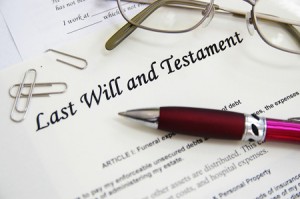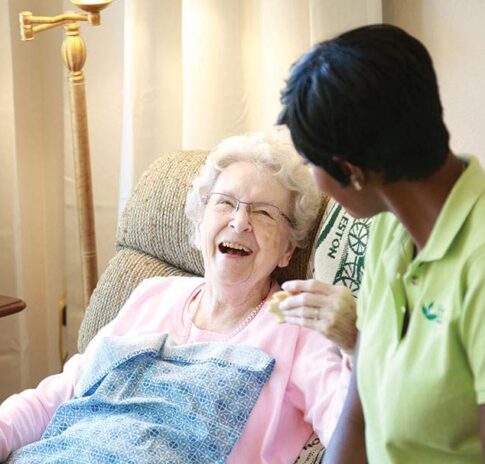 Too often, we are caught off guard: an sudden illness or accident robs us of our ability to plan ahead when it comes to critical healthcare and legal decisions. We wait until a crisis hits, when we are least capable of making rational decisions.
Too often, we are caught off guard: an sudden illness or accident robs us of our ability to plan ahead when it comes to critical healthcare and legal decisions. We wait until a crisis hits, when we are least capable of making rational decisions.
Whether you’re a baby boomer or a senior citizen, there are some must have documents to protect yourself and your loved ones. Planning ahead will ensure that your children will be able to make health and legal decisions on your behalf should you be unable to do so.
No one wants to think about dying or being incapacitated. However, too often families are caught off guard. Often, we do not like to talk to our children about financial issues, citing a right to privacy. However, this must be balanced with their ability to be prepared should a major change in our life occur such as hospitalization, a move to a retirement community, or in the event of applying for Medicaid, Social Security, VA benefits, etc.
Here are some crucial documents that FirstLight Home Care recommends having organized in one place with multiple copies:
- Medical Power of Attorney or Advanced HealthCare Directive – enables someone to make healthcare decisions for you should you be unable to do so. HIPPA laws make it illegal for doctors to share any healthcare information about you unless you have it in writing. Therefore, you need to designate one individual (called an agent) who can make your healthcare decisions regarding artificial life support, resuscitation, intravenous feedings and other end-of-life decisions. It may be smart to name more than one agent, in case the first cannot be reached in an emergency. This document is only valid if you are unable to make your own health care decisions – your stated agent will have no authority or legal access to your medical information while you are able to make decisions. This document can be voided at any time and a new one made should you change your mind.
- Consent for Release of Information/HIPAA – you may have been asked to sign this document when you visited your doctor’s office. This form authorizes the release of medical information to insurance companies, family members, or anyone else you choose.
- Durable Power of Attorney (POA) for Finances – this document and a medical power of attorney are two different documents. A Durable Power of Attorney for Finances allows you to name the individual to manage your financial affairs in the event you cannot. This POA can access your bank records, sell your property, and deal with insurance companies. This document remains valid until death.
- Last Will & Testament – This document covers you after you have died and spells out who is responsible for settling your estate. You will spell out how you want your assets and personal property dealt with after your death. Without a will, you will die “intestate”, meaning that state law will determine who gets what.
- Other Healthcare & Financial Information That Should Be Easily Accessible
- List of all bank accounts
- Pension and 401K documents
- Bills on Auto pay
- Tax Returns
- Life, Auto, Home and Health Insurance Policies
- Deeds to all property
- Title & registration to all cars
- Credit card accounts (front and back)
- List of all debts including mortgage information
- Marriage documents
- Online user names and passwords
- Access to safe deposit boxes and keys
- Birth certificates
- Driver’s License
- Social Security card
- Passport
Understand that elder law can be quite complex, and laws vary state to state. Keep multiple copies of this information in different places in the event of a fire or burglary. It is best to have this information electronically (on a thumb drive) as well as in hard copy.
Don’t procrastinate … before it’s too late!
